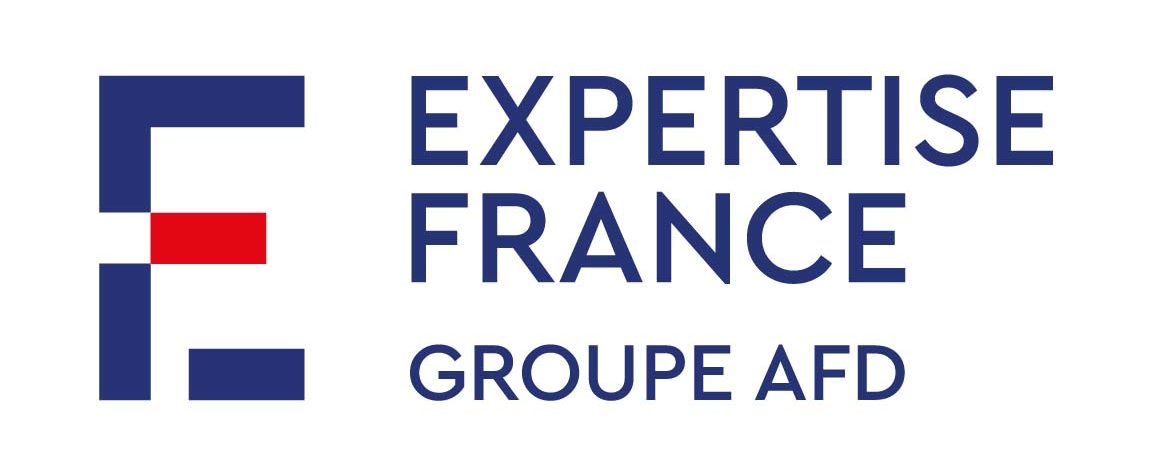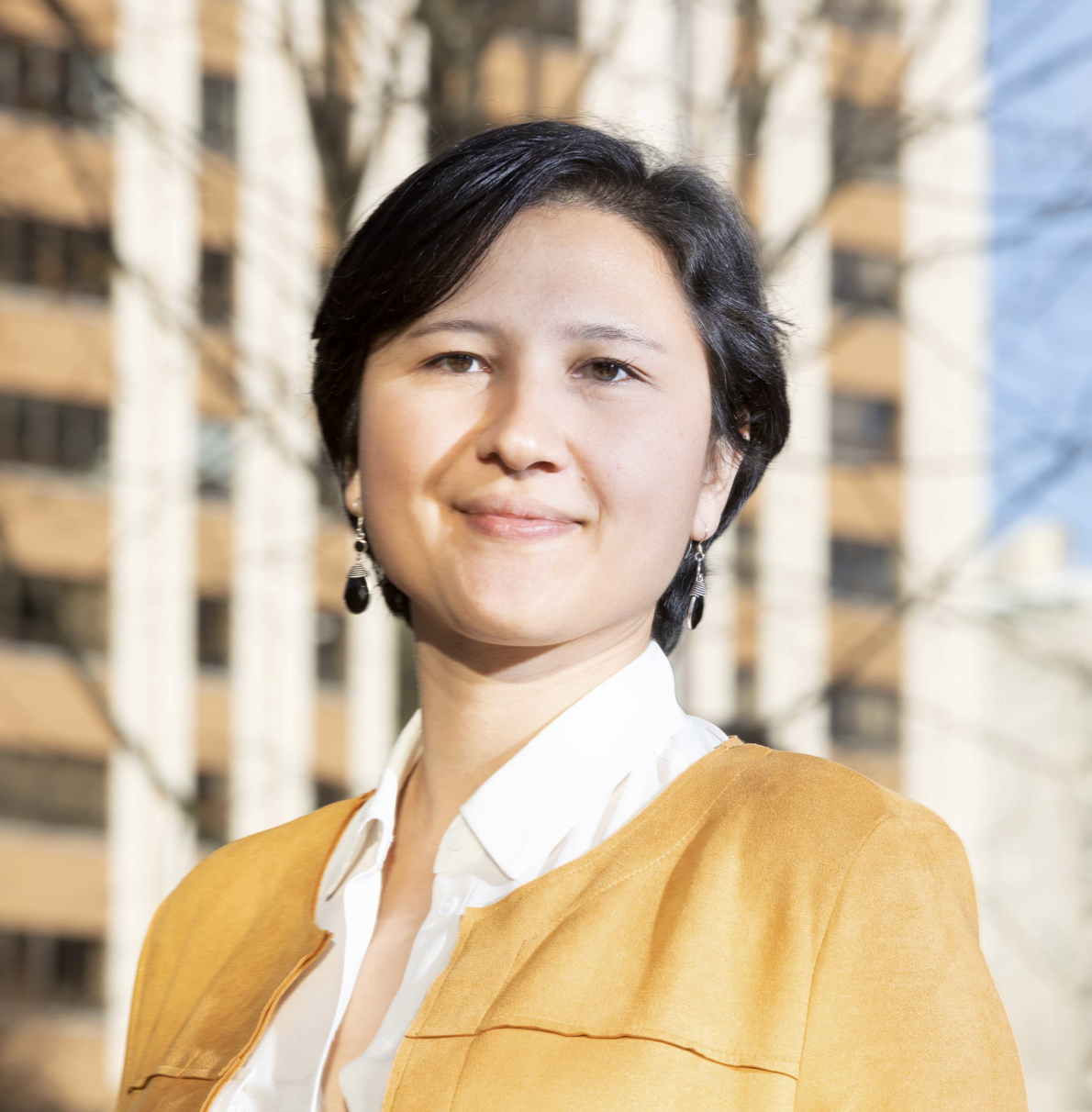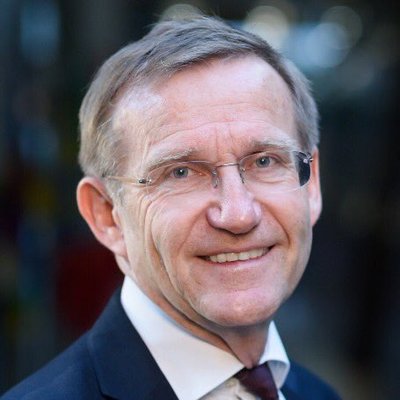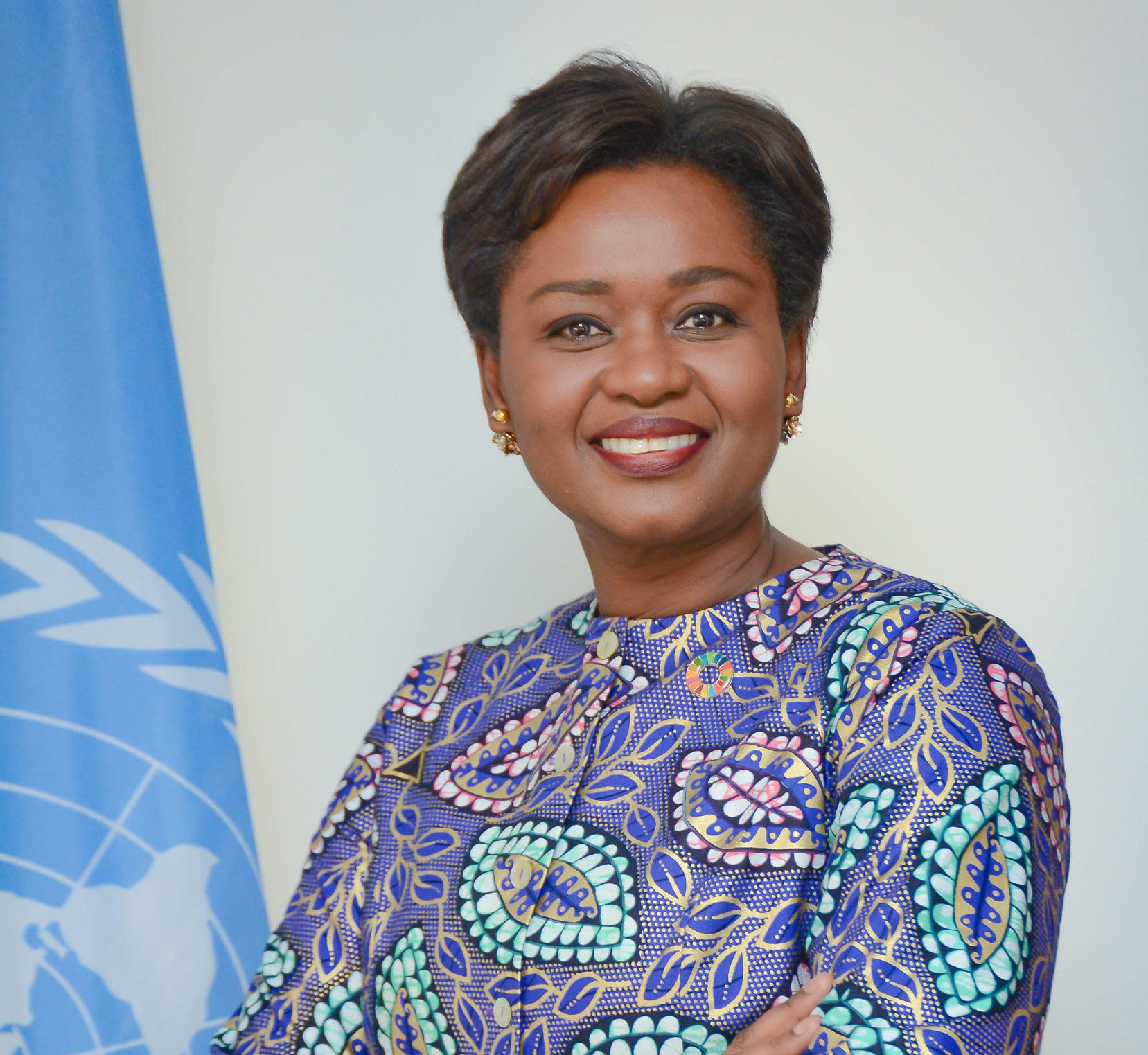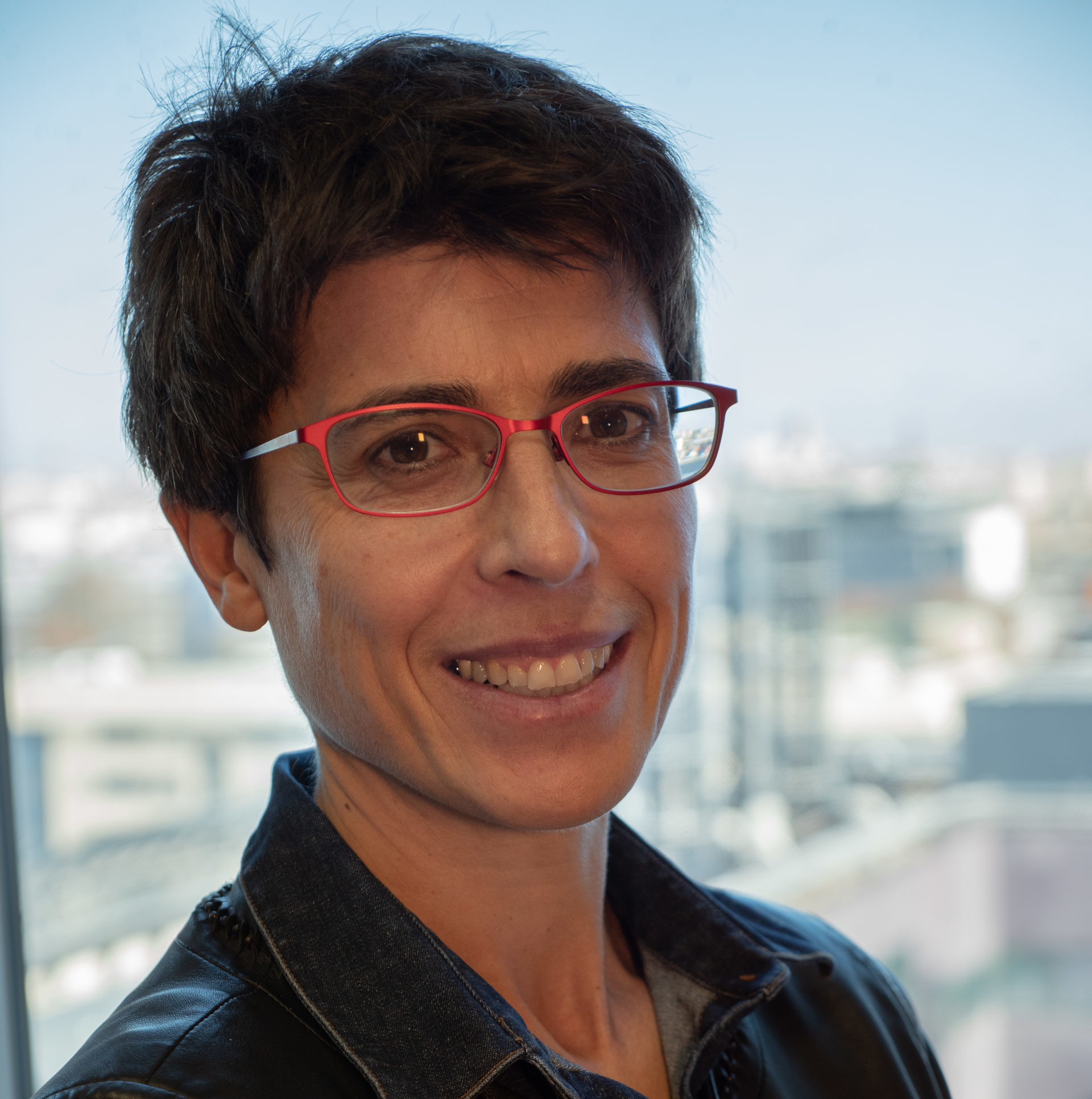Gender justice and development: how to build egalitarian societies at last?
Key figures
2500
Spectators
From
47 country
A look back at the Rendez-vous de l'Expertise on June 22, 2021
Gender justice and development: how to build egalitarian societies at last?
25 years after the Beijing Platform for Action was adopted by 189 countries, 70 % of people living on $1 a day and 2/3 of illiterate people are women. It would take 135.6 years to achieve gender parity worldwide, 36 years longer than before the Covid-19 health crisis. Ensuring gender equality is essential to improving development indicators. It is an imperative condition for effectively combating poverty and promoting the pillars of sustainable development - economic, social and environmental - and the conditions for good governance. This implies tackling the structural causes of inequality, with a view to bringing about systemic changes in terms of rights, social status and the elimination of all forms of discrimination in all areas to which women and girls are subjected: economic, education, health, access to decision-making positions, security and social protection.
Gender equality must therefore be an essential element in all aspects of international cooperation. This is why all development players, from donors and operators to NGOs and local and national players, must collectively question the ways in which they work to promote projects aimed at reducing these inequalities. How can international cooperation provide sustainable solutions? To what extent can capacity-building and the exchange of know-how be effective tools?
